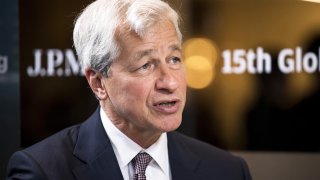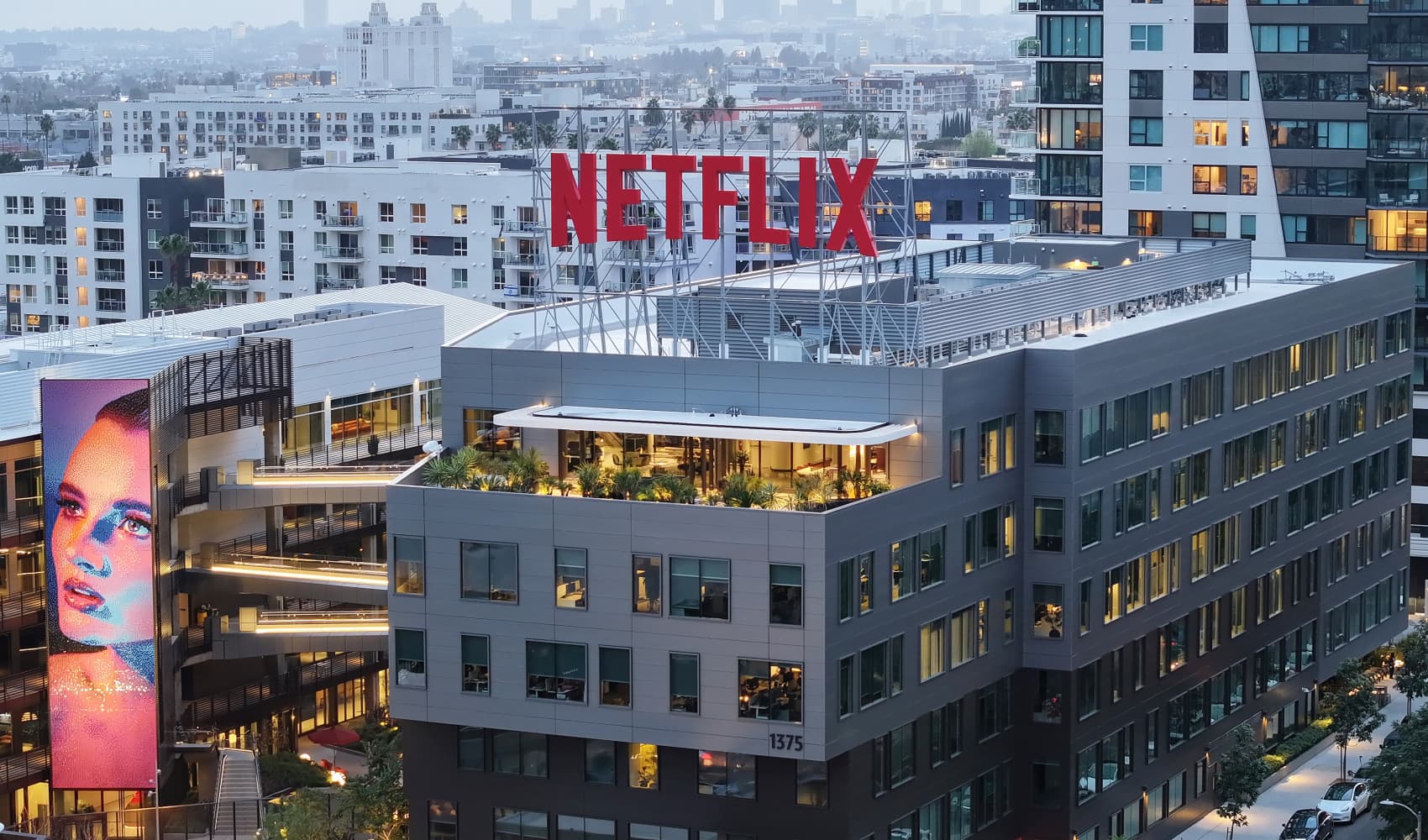
- JPMorgan Chase CEO Jamie Dimon said that low-yielding Treasurys are a poor investment right now.
- "I would not be a buyer of Treasurys," Dimon said Tuesday at an annual Goldman Sachs financial services conference. "I think Treasurys at these rates, I wouldn't touch them with a 10-foot pole."
- DImon was more positive on the stock market: "There may be a bubble in small parts of the stock market, not all of it."
JPMorgan Chase CEO Jamie Dimon said that low-yielding Treasurys are a poor investment right now.
"I would not be a buyer of Treasurys," Dimon said Tuesday at an annual Goldman Sachs financial services conference. "I think Treasurys at these rates, I wouldn't touch them with a 10-foot pole."
The yield on the 10-year Treasury was last at just 0.9% and has stayed below 1% since breaking below that threshold during the March pandemic collapse in stocks. Since bond prices must move inversely to yields, people like Dimon see little room for Treasurys to rally with rates already at such low levels.
Of course, as the head of a lending institution with $3.2 trillion in assets, JPMorgan has to continually purchase Treasurys and other low-yielding investments to earn a spread, a fact that Dimon acknowledged. Low yields in the fixed income world are one reason that banks' profitability and stock values have been under pressure since the pandemic began.
Dimon's comments were in response to a question from Goldman Sachs analyst Richard Ramsden about whether the markets were fairly priced.
Money Report
The long-time JPMorgan CEO and chairman responded that if investors' base case occurs – a recovery next year spurred on by coronavirus vaccines — then that means today's "bond spreads and most equity prices would be justified."
"There may be a bubble in small parts of the stock market, not all of it," Dimon said.
However, if inflation picks up because of the government's fiscal stimulus programs that delivered money to households and businesses, bonds purchased today could end up being a money loser.
Separately, Dimon said that JPMorgan's expenses will be higher than $67 billion next year, above the $66 billion estimate of many analysts, as the bank is "finding things we want to invest in."
He also added that fourth-quarter revenue in both trading and investment banking operations is tracking 20% higher than a year earlier.






